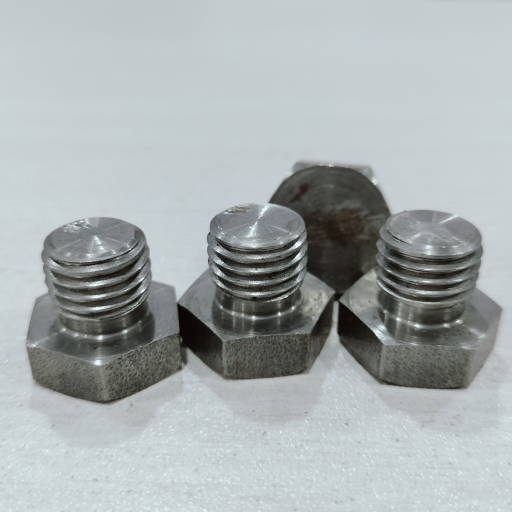The manufacturing of studs and plugs involves precision techniques to produce essential fastening components used in various industries, including automotive, construction, and manufacturing. These components play a crucial role in securing and connecting parts in assemblies, providing stability and reliability in diverse applications.
The manufacturing process begins with selecting appropriate materials, often steel or alloys chosen for their strength, durability, and corrosion resistance. Precision machining techniques, including turning, threading, and milling, shape the raw material into studs or plugs with accurate dimensions and thread profiles.
Quality control measures such as dimensional inspections and testing for mechanical properties ensure the studs and plugs meet stringent standards for strength and reliability. Surface treatments or coatings, like plating or heat treatments, may be applied to enhance corrosion resistance and improve performance in demanding environments.
Studs and plugs serve as fundamental fastening elements in machinery, infrastructure, and equipment, emphasizing the importance of precision manufacturing techniques in producing components vital for structural integrity and operational efficiency across industries. Advances in materials science and machining technologies continue to enhance the quality and performance of studs and plugs in diverse applications.
























